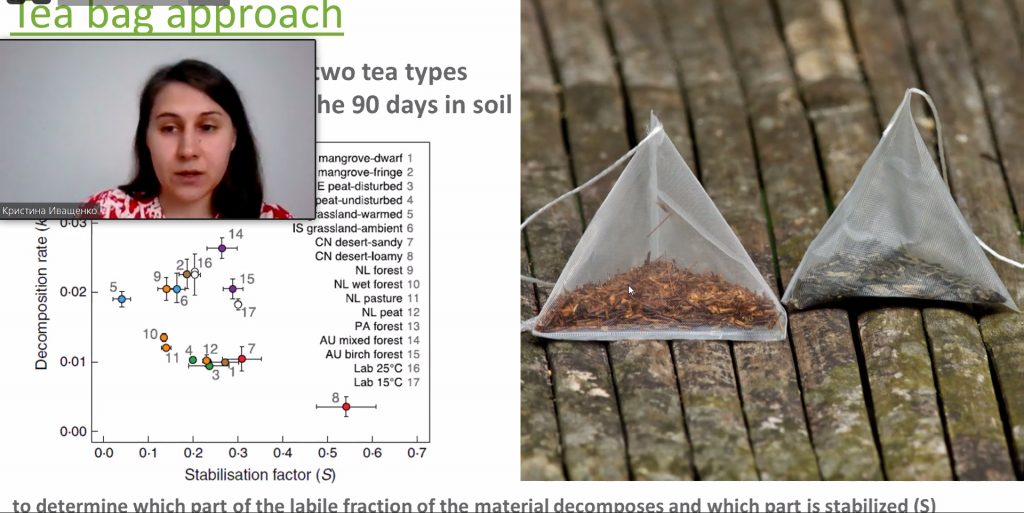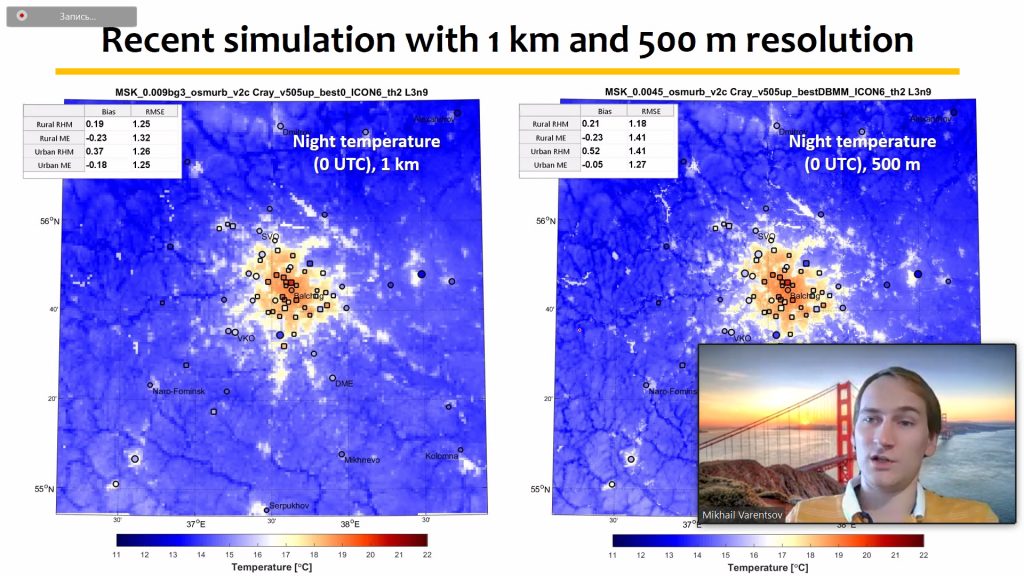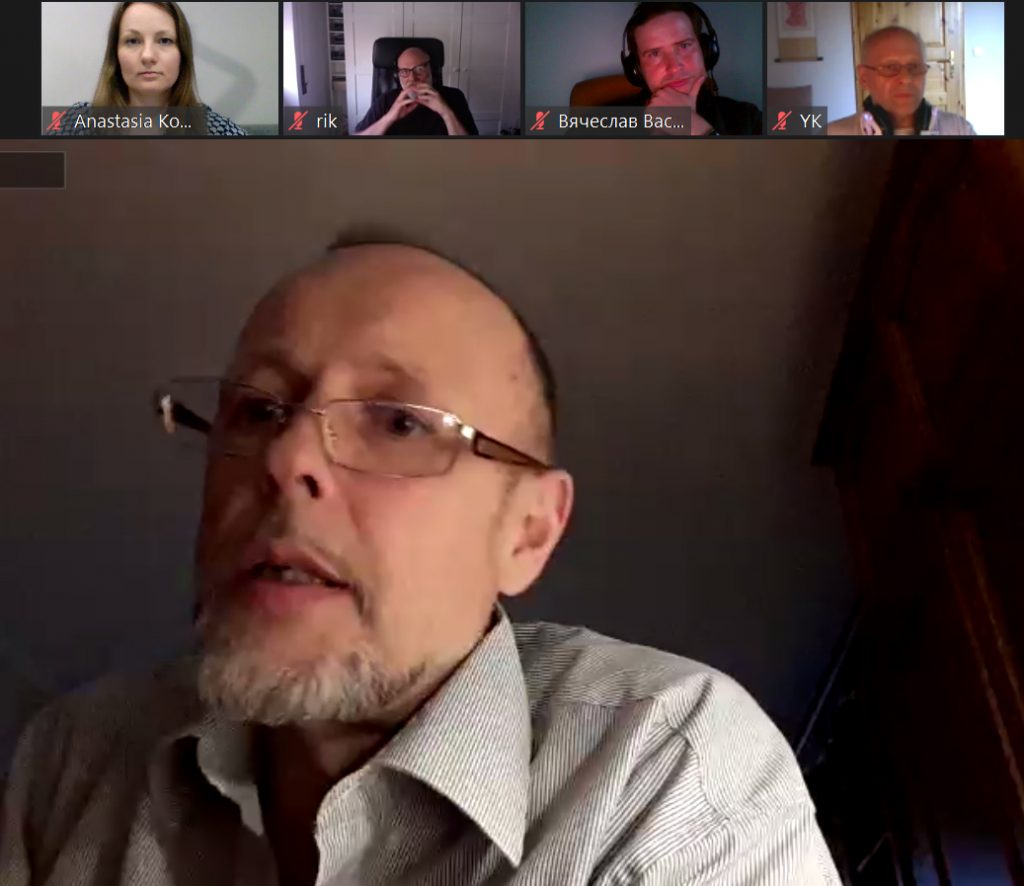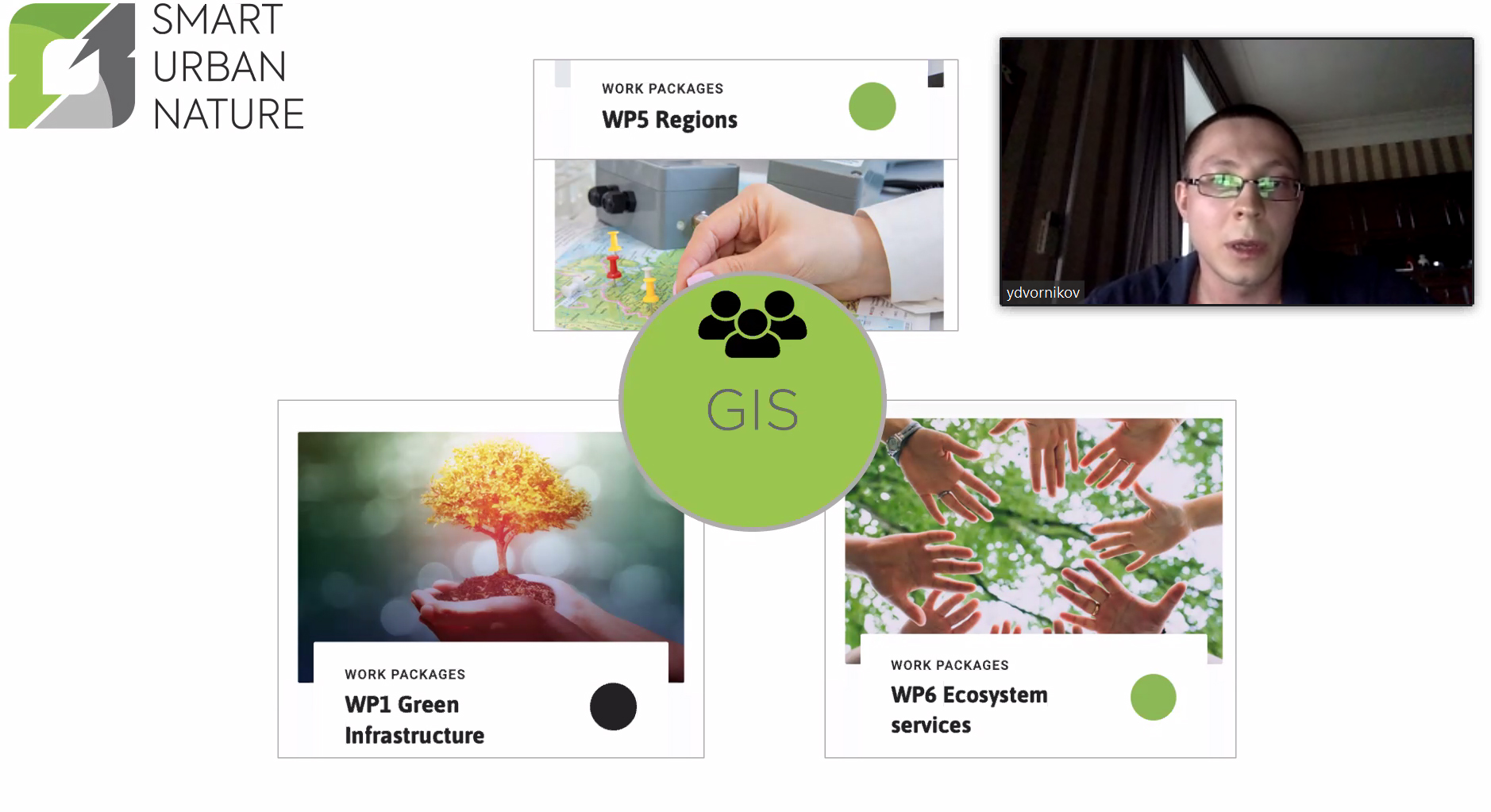On June 24, 2020, the annual Board meeting of the Smart Urban Nature Lab was held. The meeting took its place online and was devoted to a discussion of the results of the laboratory’s work. The Board meeting gathered all the lab’s scientists and experts headed by Riccardo Valentini as well as invited international colleagues and external experts from France, Italy, Germany and Russia.
In more details scientists discussed the current SUN project “Smart technologies to monitor, model and evaluate ecosystem services provided by urban green infrastructure and soils to support decision making in sustainable city development under global changes” which was financed by Russian Science Foundation and started in May 2019.
The head of Department of landscape architecture and sustainable ecosystems Dr Elvira Davletyarova greeted participants with a welcome note and emphasized that the current project leaded by SUN Lab develop not only international and regional relationships and cooperation between scientists but also contribute to new scientific school’s formation.
We have already founded one in RUDN University and we intend to develop it into a bigger and more multidisciplinary group with ecologists, biologists, sociologists and IT-experts working side by side.
Indeed, the project and regular lab’s work is quite special with its high quality interdisciplinary team for current and further research and educational collaboration.
Dr Ricardo Valentini, the head of the Smart Urban Nature Lab, also greeted all the participants and presented a plan for development of the laboratory. During his welcome note speech, he made a little excursion to the green economy condition, noting a high level and amount of investments in the smart green technologies. As he said, all the innovations connected with sustainable development and smart technologies for ecosystem monitoring compose a young and perspective industry as well as an applied scientific field with a lot of different opportunities to develop.
By this time our main goal as an international and multidisciplinary laboratory is to lead these changes and transformations and set up our own scientific approach as the recognized and superior one.
On the behalf of the project team Vyacheslav Vasenev and Maria Chernyshova presented the main challenges and outcomes according to the results of one-year work on project of SUN Lab. Dr Vasenev also shared the goals for a following year which includes implementation smart technologies at experimental sites (Open Labs) for continuous monitoring of urban trees, soils and climate considering dynamics, spatial variability and public perception. As for the project’s key indicators and outcomes of the last year there are 52 papers published in international scientific journals, 3 new PhDs hired and 30 russian and foreign researchers involved, etc.
Among other things the SUN lab also established the international conference Smart and Sustainable Cities and international summer school 3MUGIS as the annual events which attract young scientist from all over the world and gather authoritative and high level experts from Europe, USA, Australia and Russia.

During the Board meeting the leaders of the working groups who are in charge of every specific research direction including TT network, Express methods for soil quality assessment, Urban climate and many others presented the results of their work, also discussing the main challenges and achievements of the last year.
- WP1 Green Infrastructure Presentation
- WP2 Soil Health Presentation
- WP2 Soil Quality Presentation
- WP5 Regions Presentation
- WP7 Promotion & Dissemination Presentation
- WP8 Management Presentation
- GIS Group Presentation
- Soil-Ecological Laboratory Presentation

In conclusion, experts expressed their support towards SUN lab team and admitted that serious and crucial work was done for the last year. They also gave the team some valuable notes and advice according to the goals for the following year. Dr Yakov Kuzyakov (George-August-University of Goettingen, Germany) emphasized that despite the professional and high level approach, «all the directions of the project should be more connected and integrated with each other in order to correspond to the main common goal». Dr Jean-Louis Morel (University of Lorraine, France) from his side, noted an important feature concerning the young age of the majority of scientists which means they have been given an opportunity to participate in huge projects and gain a valuable experience.

The annual Board meeting was quite effective and SUN lab’s scientific stuff had an opportunity not only to present their current outcomes and discuss the future plans but also to get an important feedback and advice from top experts.

